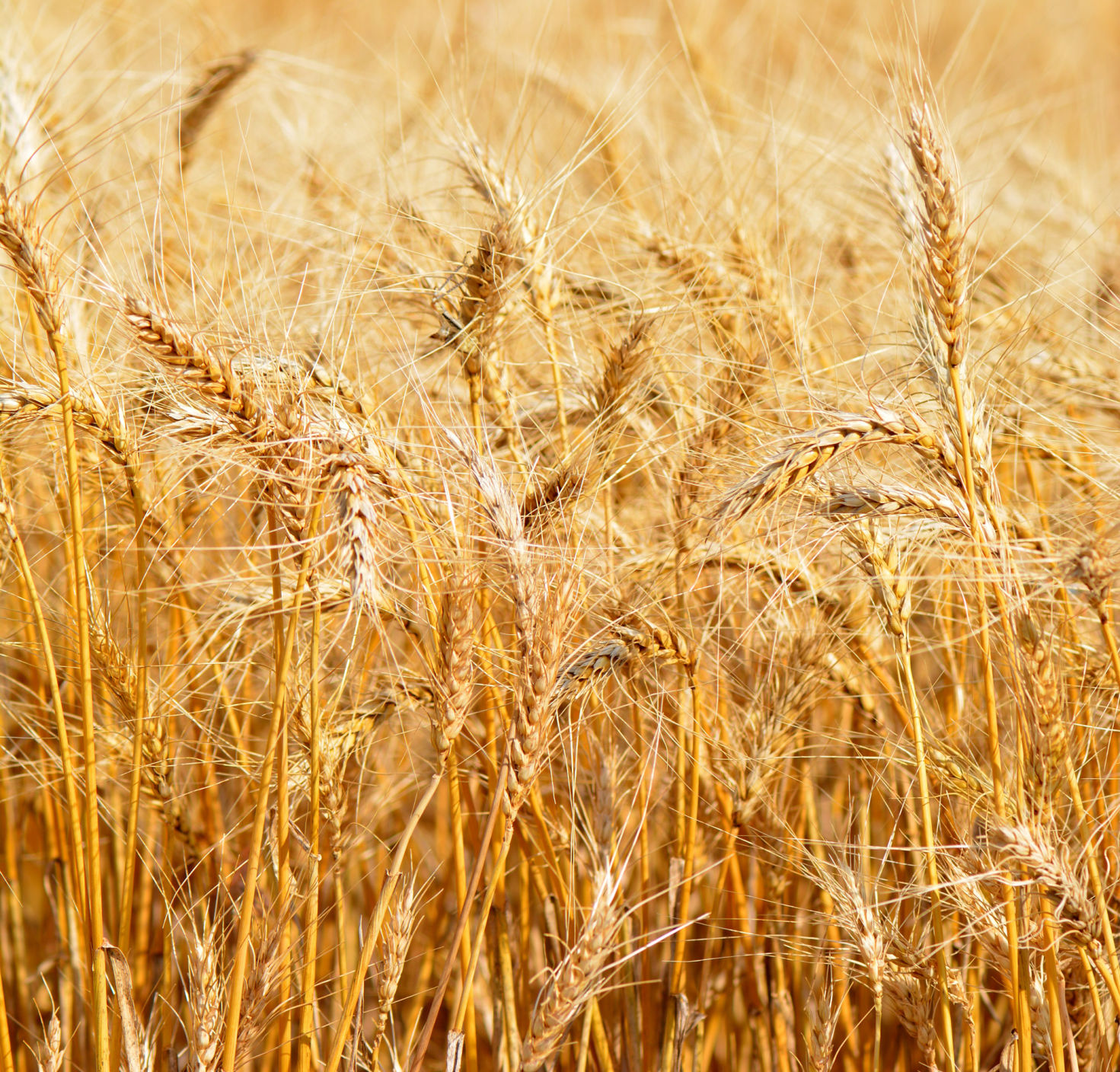The availability of certified seed wheat is usually as reliable as bread on the shelves at the local grocery store. Following the short harvest, however, wheat farmers like Gary Millershaski near Lakin are finding sourcing the specific varieties of certified seed wheat more difficult and costly than taking a quick trip down to pick up the bags they need. Producers need to think creatively and use their available resources to secure quality seed wheat that will help make next year’s wheat harvest.
Given the shortage of certified seed wheat supplies, wheat producers should be prepared to expand their list of preferred varieties to purchase, if they have not already locked in seed wheat.
Fortunately, Kansas growers have a wealth of resources available for this research, including K-State’s Kansas Wheat Variety Guide or the “Wheat Varieties for Kansas and the Great Plains” best choices book available at bit.ly/3EoA9LV.
When looking at this data, Andrew Blubaugh, wheat commercial manager for WestBred, cautioned producers not to just look at this year’s data, but to look back at two, three or four years of data to get a better picture of a variety’s performance and consistency.
In addition to these publications, seed dealers and company representatives can help growers walk through the list of available varieties to source ones that will work for their operations.
Another option for growers is to try out a new or different variety. Instead of relying on a go-to variety, producers could branch out to something with similar agronomic characteristics.
Producers should also have confidence that the varieties for sale, even if they are not their go-to selections or the hot, new pick for the season, are the result of an extensive wheat breeding process and the varieties that make it to market are there because they were consistent top performers in their generations.
One action producers should not take this planting season is to purchase seed wheat from unlicensed neighbors. Certified seed wheat is subject to plant variety protection laws that govern the development and sale of certified seed wheat by public and private wheat breeders.


